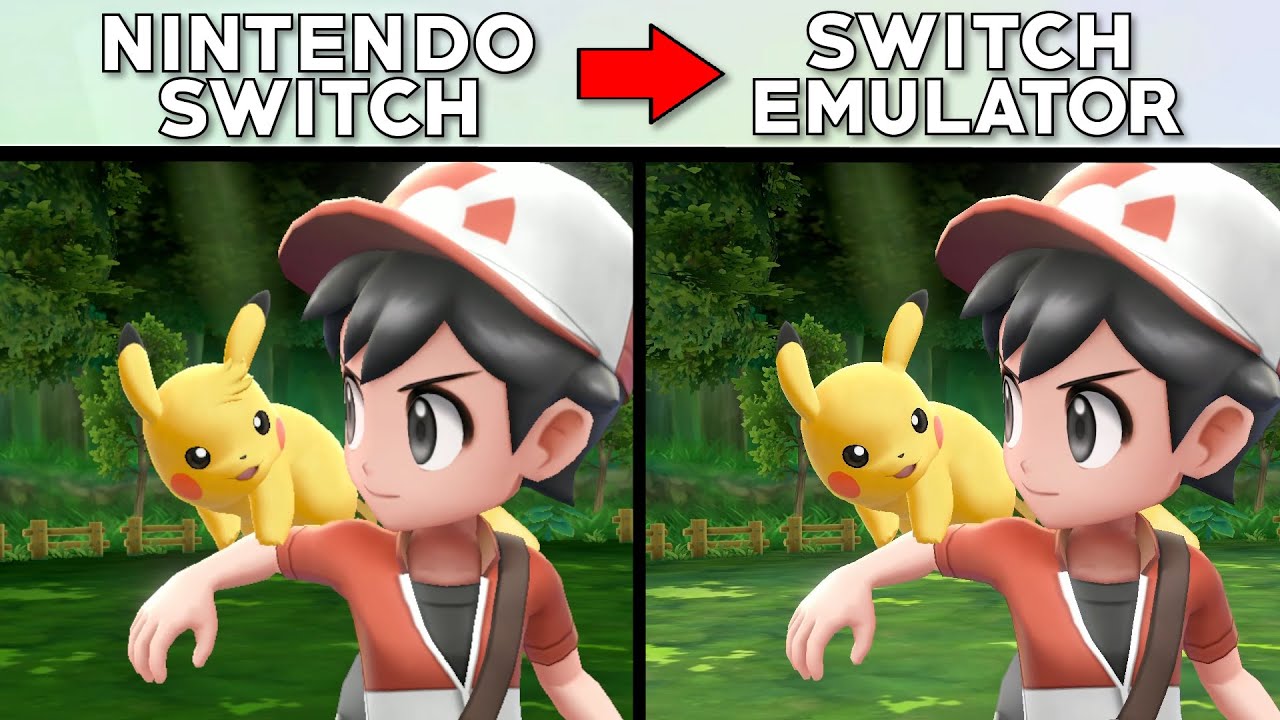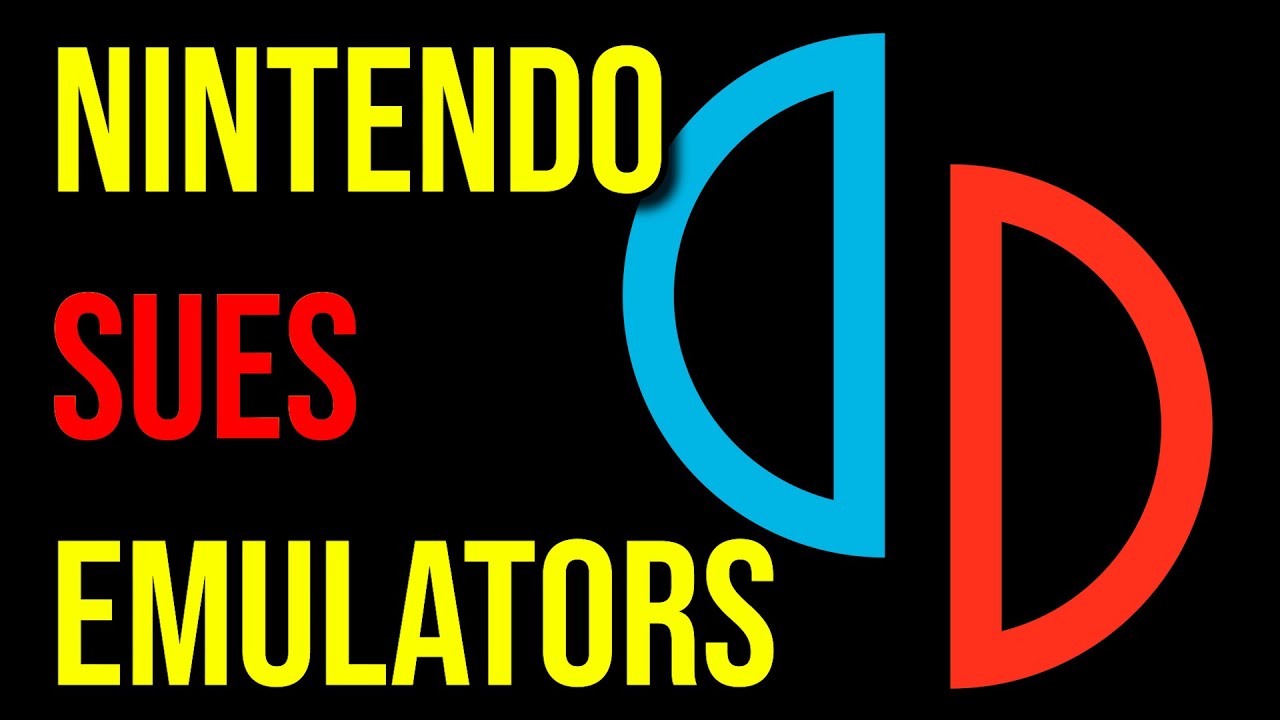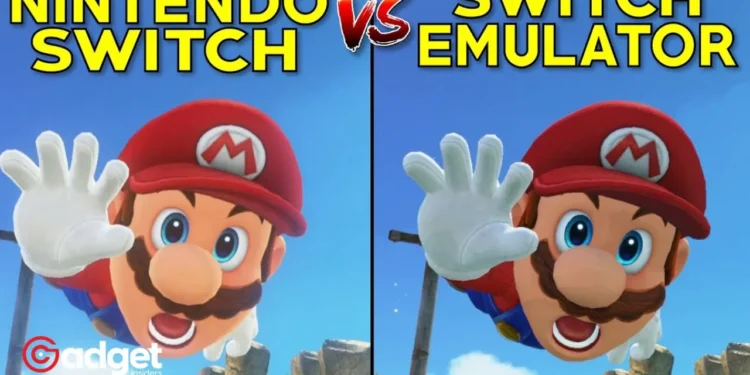In a bold move highlighting the ongoing struggle between game developers and the emulation community, Nintendo has launched a legal offensive against the developers of Yuzu, a popular emulator that allows Nintendo Switch games to be played on non-Nintendo hardware. This legal skirmish underscores the complex interplay between copyright protection and the rights of gamers to preserve and access digital content.

The Heart of the Controversy
At the core of this legal battle is Nintendo’s assertion that Yuzu directly infringes upon its copyrights by bypassing the Nintendo Switch’s encryption.
This action, according to the gaming giant, facilitates the unauthorized distribution and play of copyrighted Nintendo games, leading to a comprehensive lawsuit aimed not only at halting Yuzu’s operations but also at gaining control over its digital presence, including domain names and social media accounts.
The lawsuit, discovered by journalist Stephen Totilo, marks a significant escalation in its efforts to protect its intellectual property.
The company’s aggressive legal strategy seeks a permanent injunction against Yuzu, along with financial damages for copyright infringement. This approach reflects the company’s broader stance against piracy and its potential to harm the video game industry’s economic model.
Attorney chimes in on Nintendo Vs. Yuzu emulator battle, says Nintendo has a "real chance to win" https://t.co/a1Gbb1QoqD pic.twitter.com/sBf7A1UxUe
— GoNintendoTweet (@GoNintendoTweet) February 28, 2024
Legal and Ethical Quandaries
The legality of emulation is a grey area, with past legal precedents offering conflicting views. Historically, courts have suggested that creating an emulator through reverse engineering might be permissible, provided it doesn’t utilize proprietary source code.
However, these decisions are decades old and don’t fully address the complexities introduced by modern encryption and copyright laws.
Yuzu’s situation is further complicated by its method of operation. Unlike other emulators that have faced legal challenges, Yuzu employs a “bring-your-own-BIOS” policy, requiring users to source their BIOS and keys, often from dubious origins.
This approach, while ostensibly avoiding the direct distribution of copyrighted materials, has not shielded Yuzu from Nintendo’s legal wrath.
A Broader Debate
This lawsuit raises important questions about the future of game preservation and the rights of consumers to access and play older titles on new platforms. Emulators like Yuzu argue they provide a valuable service by allowing gamers to play titles that might otherwise be inaccessible due to hardware obsolescence.
However, Nintendo’s position highlights the challenges copyright holders face in controlling the distribution and unauthorized use of their content.

The outcome of this lawsuit could have far-reaching implications for the emulation community and copyright law’s application in the digital age. Suppose Nintendo succeeds in its legal action against Yuzu.
In that case, it may set a precedent that further restricts the development and use of emulators, potentially impacting the preservation of video game history and culture.
Nintendo: Looking Ahead
As the legal proceedings unfold, the gaming community will be watching closely to see how the balance between copyright protection and digital preservation is navigated. With both sides presenting compelling arguments, the resolution of this lawsuit could mark a significant moment in the ongoing debate over the rights of gamers versus the rights of content creators.
In the meantime, Nintendo’s lawsuit serves as a reminder of the legal and ethical complexities surrounding game emulation. As technology continues to evolve, so too will the challenges of ensuring that copyright laws protect creators’ rights without stifling innovation or access to digital cultural heritage.










